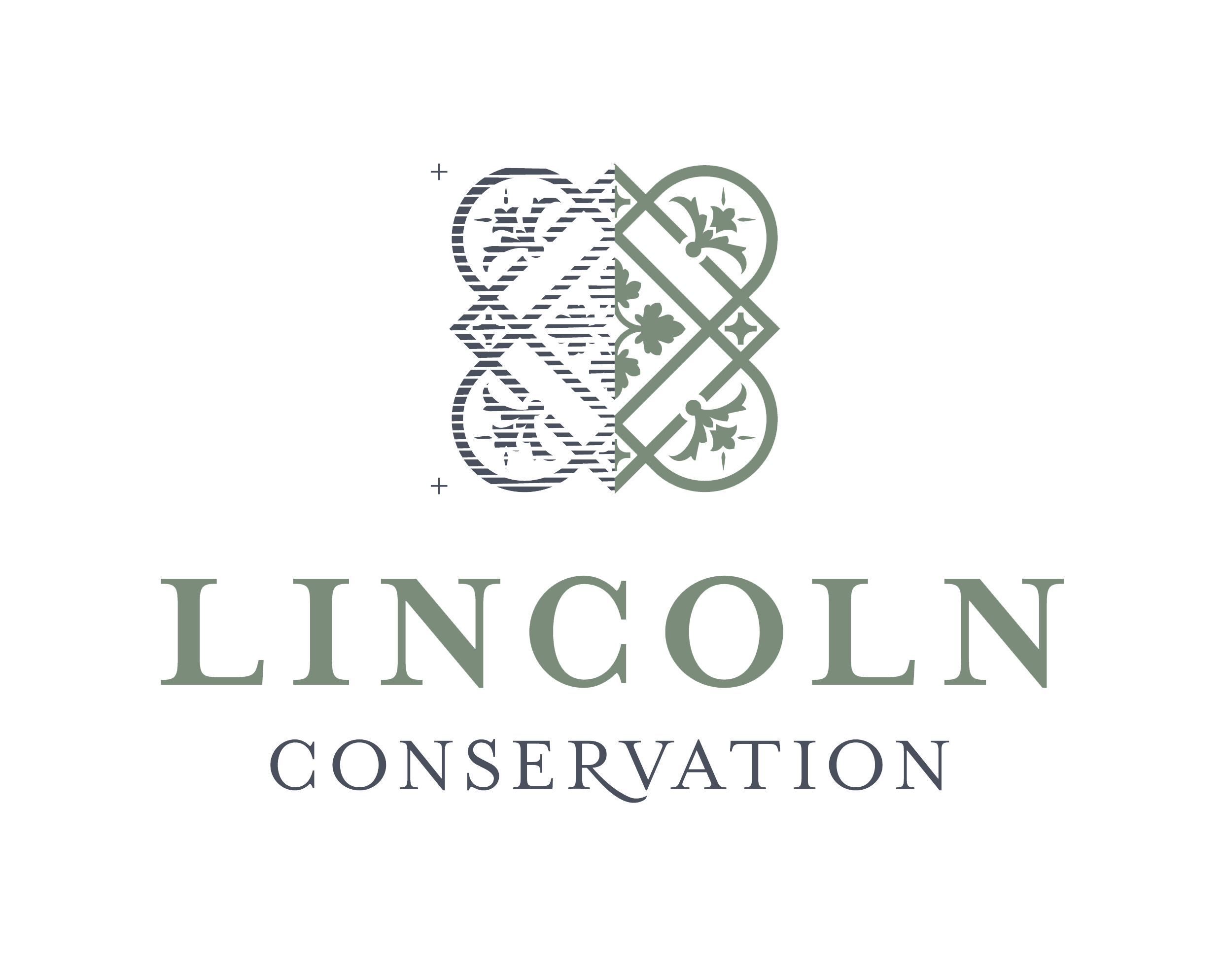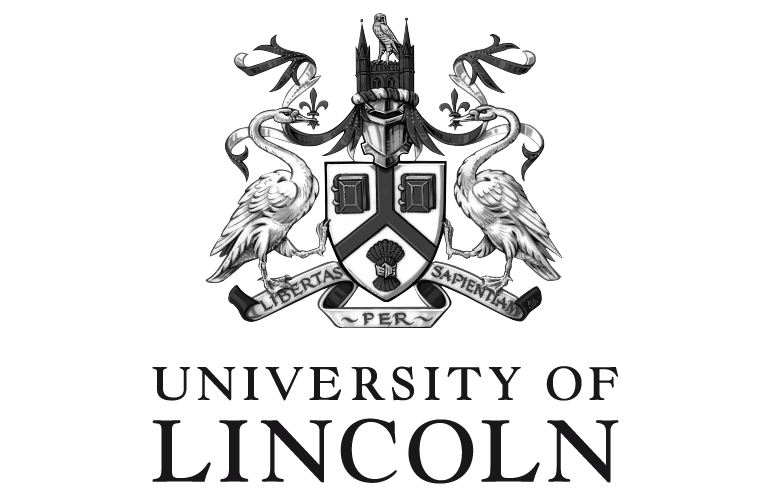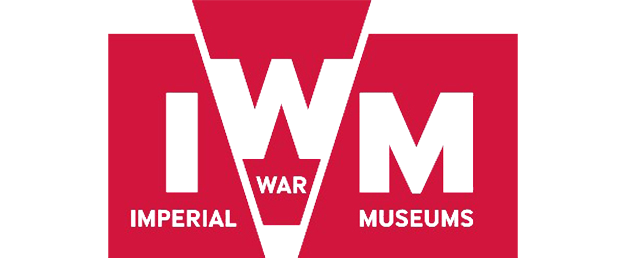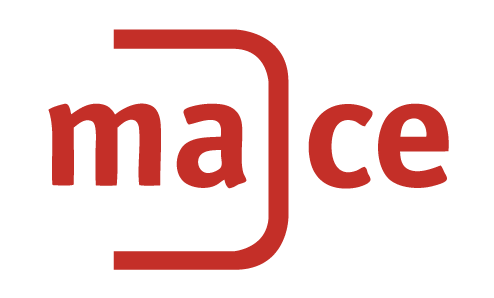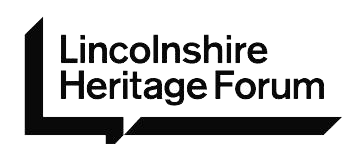Wednesday 22 March, 4pm – 4.45pm
Parallel Sessions 5a, 5b & 5c
Hosted online
Session 5a
Chair: Dr Jim Cheshire
Rana Nur Karataş, Intern student, Kadir Has University, Turkey
‘Land Use And Land Cover Classification Of Landsat (Tm-Tirs) And Landscape Change Analysis: Iznik Case Study’
Abstract
This presentation aims to analyze the changes in the rural landscape of Iznik/Turkey between 1985-2022. It can be an example of interacting with cultural heritage with digital solutions. Remote sensing and geographical information systems (GIS) were used to generate land use and land cover (LULC) maps for 1985 and 2022. Afterwards, LULC maps were processed through Support Vector Machines (SVM) method using ArcGIS software. Finally, the accuracy of the maps was assessed, and the results proves that the study has reliable outputs that can be compared for the analysis of land cover change of the rural landscape of Iznik.

Rana Nur Karataş
Intern student
Kadir Has University, Turkey
Rana is a senior undergraduate student at Yıldız Technical University/Istanbul and is also working as an intern at Kadir Has University in a project which focuses on site management protection of Iznik/Turkey. In the summer of 2021, Rana participated in the excavation in Burdur/Turkey as part of the Sagalassos Archaeological Research Project. After that, Rana travelled to Belgium and wrote the anastylosis report of a monument at the excavation site as an intern at KU Leuven. Afterwards, in the summer of 2022, Rana attended the excavation in Pietragalla/Italy in the scope of the Pietragalla Project as an intern.
Isilda Almeida, PhD Student, University of Brighton, UK
‘Innovating heritage engagement through drone practices’
Abstract
During COVID-19, digital technologies unlocked access to heritage sites and activities. Simultaneously, the pandemic brought to the fore experiences of disparity in communities that have been left out by institutions and systems which disempower, misrepresent and or silence them. Isilda’s research, in partnership with the National Trust and the South Downs National Park Authority investigates the use of drones to engage underserved audiences with heritage. Isilda will present the project exploring how the capabilities of drone technology can increase access and engagement with heritage for people living with dementia, using a co-production approach to empower and promote agency.
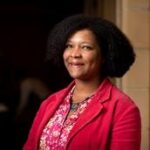
Isilda Almeida
PhD Student
University of Brighton, UK
Isilda Almeida is a University of Brighton PhD student in the ESPRC funded Science and Engineering in Arts, Heritage and Archaeology Centre for Doctoral Training. She has worked in community engagement and outreach and public programming roles in UK heritage organisations including the Museum of Childhood (Victoria & Albert), Museum of London Docklands. More recently she has been working as an Equity and Diversity consultant for Museum Development Programmes across the UK, Artswork and the Association for Independent Museums. Isilda is also a Trustee of Ditchling Museum of Art + Craft and a Fellow of the Royal Society.
Session 5b
Chair: Hope Williard
Marta Jecu, Researcher, Ceied, Universidade Lusofona de Humanidades e Tecnologias, Lisbon, Portugal
‘Exodus Stations. A Research and Curatorial Project’
Abstract
Marta’s presentation will make a demonstration of the research and curatorial project Exodus Stations (www.exodusstations.com) (since 2017 ongoing). This project is a platform that enables contemporary artists to work on the digital photographic archives of museums of material culture and publish the results online. Exodus Stations is based on research on the photographic digital archives of the museum, the mediation of this content to artists, that are granted access to the digital archives and the development of an interpretative artistic work, that is problematising these archives. The results are than promoted via digital means to the large audience.

Marta Jecu
Researcher, Ceied
Universidade Lusofona de Humanidades e Tecnologias, Lisbon, Portugal
Marta Jecu is assistant researcher at CeiED, Universidade Lusofona, Lisbon and contemporary art curator and invited assistant professor at ESAD University of Caldas da Rainha, Portugal. She has been working in the past 3 years at the research labs Imera Aix Marseille University and at Fondation Maison des Sciences de l’Homme, Paris. Before she has been integrated researcher at CICANT, Universidade Lusofona, Lisbon. She obtained her PhD at Free Universitaet Berlin. She has published in magazines like: E-Flux, Kaleidoscope, Berlin Art Link, Idea Art +Society, Journal of Curatorial Studies, Esse Arts + Opinions and in various books.
Ashley Gallant, PhD candidate and Curator, The University of Nottingham, UK
‘Digital objects and the objectified website’
Abstract
In this paper, Ashley argues that museum policy and its supporting legal structure of copyright have entrenched an object focused ‘copyright thinking’ approach to collections which is not suitable for online, conceptual, or instructional art works, often leading to their objectification and mishandling. Ashley will use lincoln3dscans.co.uk alongside other examples to create a brief history and analysis of the issues internet art causes when positioned in museum collections, and then put forward an alternative approach to web-based art in the museum, asking what might happen if we learn from the structure of the internet itself? Or underpin our policies with digital/internet thinking as opposed to copyright thinking?
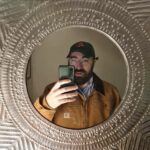
Ashley Gallant
PhD candidate and Curator
The University of Nottingham, UK
Ashley Gallant was born in Norwich, England, and as a child would often draw imaginary worlds. Ashley went on to study Fine Art at Nottingham Trent and received a scholarship to exhibit in Tokyo. Since graduating Ashley has held curatorial positions in museums and was awarded the Contemporary Art Society annual award for Museums at The Collection, Lincoln, and is currently curator of the Ruskin Collection, Sheffield. Ashley is a PhD candidate at The University of Nottingham, with a thesis exploring the relationship between the law and museum collections. The research asks how we might work better to allow greater access and use of public collections; it imagines a new world for museums.
Session 5c
Chair: Dr Anna Scott
Paul Blundell, Head of Digital Research & Development, Arts Marketing Association, UK
Carol Jones, Arts Marketing Association, UK
Jacqueline Haxton, Arts Marketing Association, UK
‘The Digital Heritage Hub – part of The Heritage Fund’s Digital Skills for Heritage Initiative, answers the 100 most pressing digital questions’
Abstract
Launched in April 2022, the Digital Heritage Hub (https://www.culturehive.co.uk/digital-heritage-hub/) is a free online resource hub that answers small to medium-sized heritage organisations’ 100 most pressing and frequently asked digital questions. This presentation will explore the development of the Hub and explain how its +170 resources add value to heritage organisations; helping to digitally upskill and embed digital throughout the sector. Developed by the Arts Marketing Association (AMA) in partnership with Heritage Digital Consortium and University of Leeds, the website has received DCMS and National Lottery funding, distributed by The Heritage Fund as part of its Digital Skills for Heritage initiative.

Paul Blundell
Head of Digital Research & Development
Arts Marketing Association, UK
Paul designed and built the Digital Heritage Hub. For 25 years he worked as a web developer in the cultural and heritage sector and now heads research and development at the Arts Marketing Association.

Carol Jones
Arts Marketing Association, UK
Carol Jones is the Editor of the AMA’s knowledge exchange hub, Culturehive. Driven by both passion and purpose, Culturehive harnesses the collective intelligence of the cultural sector and strives to be a genuine community of learning. Carol is passionate about knowledge equity and trying to make 2 + 2 = 6 or 7. She also leads the marketing, audience development and comms module on the MA Arts Management at the Royal Welsh College of Music and Drama.

Jacqueline Haxton
Arts Marketing Association, UK
Jacqueline has extensive programming, editorial and content management experience. Over the past three years she has project managed the Digital Heritage Lab programme and the Digital Heritage Hub both funded by The National Lottery Heritage Fund as part of the Digital Skills for Heritage initiative. She has been Editor of the Journal of Arts Marketing — the AMA’s membership publication and has developed, written, commissioned and managed a range of content for both the AMA and AMAculturehive websites. Jacqueline has over 20 years experience of working in communications and website development in the arts and voluntary sector.
Tiva Montalbano, Senior Advisor for Strategic Projects, Wessex Archaeology, UK
‘Archaeology Audience Network: Strategic Approaches To Audiences In Archaeology’
Abstract
This presentation will look at the outputs from the three year NLHF- and DCMS-funded Archaeology Audience Network, a digital collaboration of the biggest and most influential archaeology organisations in England. We will look at the project’s ambition, the realities of aggregating audience data amongst diverse organisations (sometimes competitors), and the lessons learned and legacies from the innovative pilot projects which were delivered.
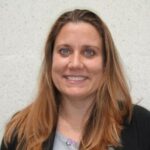
Tiva Montalbano
Senior Advisor for Strategic Projects
Wessex Archaeology, UK
Tiva Montalbano is Senior Adviser for Strategic Projects at Wessex Archaeology, leading on big-picture project and partnership development for the not-for-profit side of the business. Her career has ranged across a breadth of heritage sector bodies, delivering projects and programmes of all shapes and sizes. She’s worked in planning, policy, grants & fundraising, capacity-building, heritage-led regeneration and community engagement and digging! A Public Archaeologist to her core, Tiva is utterly convinced that the only limits to using the past as a powerful tool for engagement are your budget and your imagination. Give her five minutes and she’ll convince you too.


